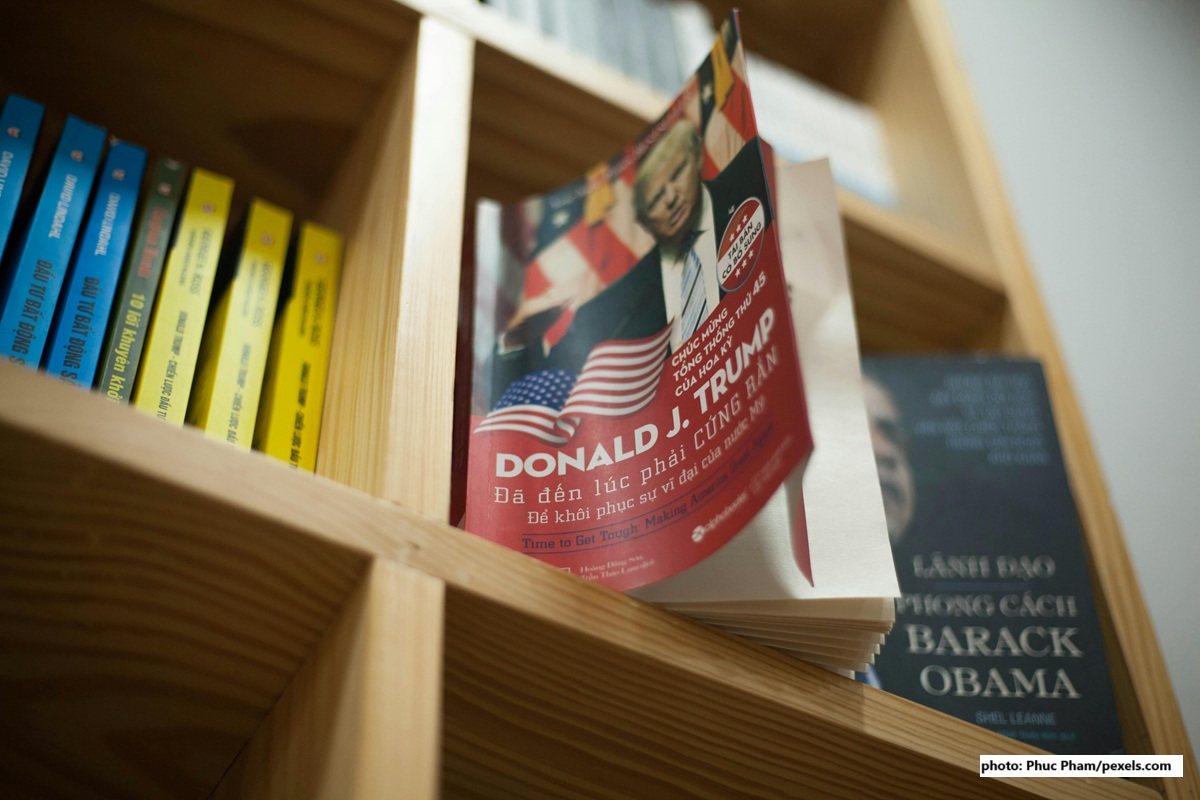Trump Threatens Additional Tariffs, Digital Tax Becomes More Complex

JAKARTA. The debate over digital economy taxation has resurfaced after U.S. President Donald Trump issued a new threat. Trump asserted that countries imposing digital taxes would face additional tariffs on their exports to the United States.
“Hereby, I declare to all countries with digital taxes, laws, rules, or regulations, that unless these discriminatory measures are abolished, as President of the United States, I will impose substantial additional tariffs on their exports to the U.S., as well as restrict the export of our high-standard technology and chips,” Trump wrote on his social media account, Tuesday (Aug 26), as quoted by Reuters.
This threat came shortly after the U.S. officially withdrew from the global minimum tax agreement. In fact, Trump’s reciprocal import tariff policy had just come into effect earlier this month.
Indonesia had previously negotiated tariff adjustments, lowering import duties on its products from 32% to 19%. However, Trump’s latest threat adds to the uncertainty, particularly since digital taxes largely target U.S.-based tech giants such as Google, Meta, Apple, and Amazon.
According to bisnis.com, efforts to tax the digital sector are not new. Many countries, including OECD members, have long discussed digital tax schemes under the Inclusive Framework on Base Erosion and Profit Shifting (IF BEPS). Yet, these efforts are often hampered by U.S. opposition, which views digital tax policies as discriminatory toward its companies.
In Europe, for instance, the implementation of taxes on the revenues of tech giants has long triggered trade tensions with Washington.
Strengthening Regulation
Despite global turbulence, Indonesia continues to strengthen its digital tax regulations. The Ministry of Finance’s Expert Staff for Tax Compliance, Yon Arsal, explained that the increasingly digital nature of the economy cannot be ignored.
“We see great opportunities in the digital economy. To improve compliance and provide administrative ease for taxpayers, we are also exploring digital taxation,” Yon said in a discussion held by ISEI Jakarta, Tuesday (Aug 26), as cited by bisnis.com.
According to Yon, the government has already taken three key steps:
- Automatic withholding digital tax (Reg. No. 37/2025): This mechanism eases compliance, especially for MSMEs, as they no longer need to calculate and remit taxes manually.
- Crypto tax adjustments (Reg. No. 50/2025): Crypto is now subject to 0.21% income tax (PPh) for domestic transactions and 1% for foreign transactions, while VAT has been removed since crypto is treated like other financial instruments.
- Global minimum tax implementation (Reg. No. 136/2024): In line with more than 50 countries, Indonesia is preparing new incentive schemes to remain attractive for investors.
Risks of Trump’s Threat
Even as Indonesia strengthens its digital tax policies, Trump’s threats still carry consequences. Fajry Akbar, Research Manager at the Center for Indonesia Taxation Analysis (CITA), assessed that Trump is targeting two things at once: the digital services tax (DST) and the global minimum tax (GMT).
“Trump is threatening both DST and GMT. For DST, I don’t think our government will go that way—I believe the government is committed to a multilateral approach,” he told bisnis.com, Tuesday (Aug 26).
According to Fajry, the GMT regime is largely intended to stop the “race to the bottom” in corporate tax rates that has occurred across many countries. In fact, the recent G7 meeting in Canada (June 2025) proposed a special exemption for U.S. companies so they would not be subject to the 15% global minimum tax.
However, he noted that the proposal is not final. “As long as there is no agreement with Inclusive Framework countries, Indonesia can still impose the global minimum tax on U.S. multinational companies. To minimize risks, our government could correspond directly with U.S. Treasury representatives,” he explained. (KEN)


